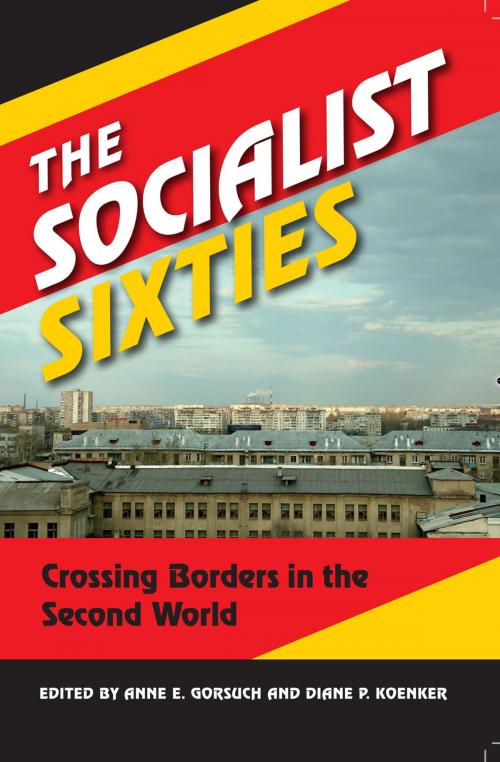| Author: | ISBN: | 9780253009494 | |
| Publisher: | Indiana University Press | Publication: | June 12, 2013 |
| Imprint: | Indiana University Press | Language: | English |
| Author: | |
| ISBN: | 9780253009494 |
| Publisher: | Indiana University Press |
| Publication: | June 12, 2013 |
| Imprint: | Indiana University Press |
| Language: | English |
The 1960s have reemerged in scholarly and popular culture as a protean moment of cultural revolution and social transformation. In this volume socialist societies in the Second World (the Soviet Union, East European countries, and Cuba) are the springboard for exploring global interconnections and cultural cross-pollination between communist and capitalist countries and within the communist world. Themes explored include flows of people and media; the emergence of a flourishing youth culture; sharing of songs, films, and personal experiences through tourism and international festivals; and the rise of a socialist consumer culture and an esthetics of modernity. Challenging traditional categories of analysis and periodization, this book brings the sixties problematic to Soviet studies while introducing the socialist experience into scholarly conversations traditionally dominated by First World perspectives.
The 1960s have reemerged in scholarly and popular culture as a protean moment of cultural revolution and social transformation. In this volume socialist societies in the Second World (the Soviet Union, East European countries, and Cuba) are the springboard for exploring global interconnections and cultural cross-pollination between communist and capitalist countries and within the communist world. Themes explored include flows of people and media; the emergence of a flourishing youth culture; sharing of songs, films, and personal experiences through tourism and international festivals; and the rise of a socialist consumer culture and an esthetics of modernity. Challenging traditional categories of analysis and periodization, this book brings the sixties problematic to Soviet studies while introducing the socialist experience into scholarly conversations traditionally dominated by First World perspectives.















